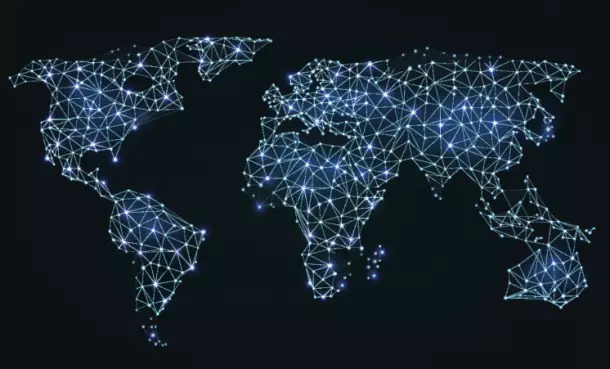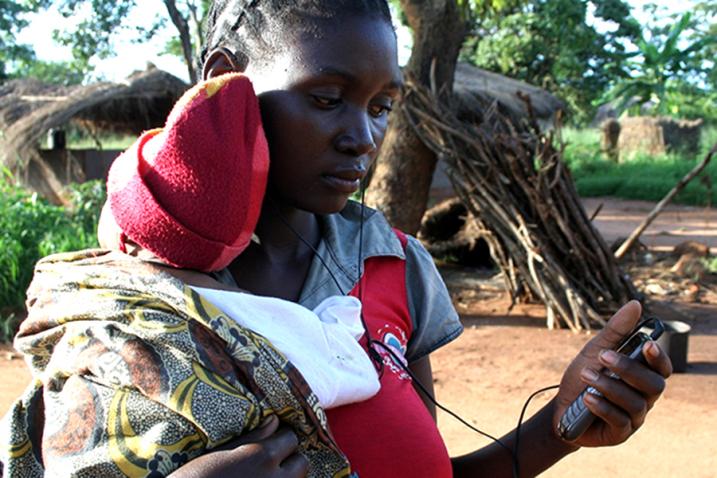Ensuring Access to Environmental Information in the Digital Age
The theme for the 2025 observance focuses on the vital importance of timely, comprehensive, and cross-border access to environmental information in an increasingly digital world.
Environmental data, encompassing climate change, pollution, biodiversity, and disaster risks, transcends national borders, necessitating collaborative, transparent, and innovative global sharing of information. Access to information is particularly important for populations at risk of environmental disaster due to climate change. This theme also highlights how digital technologies and open data platforms can enhance public access, foster transparency, and empower citizens and stakeholders to participate meaningfully in environmental governance and sustainable development.
Universal access to information is foundational for transparent, participatory, and accountable governance. Access to environmental information is crucial in this context. It is deeply linked to international environmental governance frameworks such as the Paris Agreement (2015) and the Rio Declaration on Environment and Development (1992). These international instruments provide a legal and normative foundation supporting citizens’ rights to know and enabling governments to uphold accountability in environmental policies.
Read more in the Concept note
2024 UNESCO Survey on Public Access to Information

UNESCO reports on progress on the adoption and the implementation of Access to Information Laws. The UNESCO Survey on Public Access to Information has proven to be useful for countries as they can track progress in implementing SDG 16.10.2.
Access to information
Informed citizens can make informed decisions, for instance, when going to the polls. Only when citizens know how they are governed, can they hold their governments accountable for their decisions and actions. Information is power. Therefore, universal access to information is a cornerstone of healthy and inclusive knowledge societies.
Universal access to information means that everyone has the right to seek, receive and impart information. This right is an integral part of the right to freedom of expression. The media plays a crucial role in informing the public about issues of interest, but it relies on the ability to seek and receive information, too. Hence, the right to universal access to information is also bound up with the right to freedom of the press.
Background
On 17 November 2015, the United Nations Educational, Scientific and Cultural Organization (UNESCO) declared 28 September as International Day for Universal Access to Information. Considering that several civil society organizations and government bodies in the world have adopted and currently celebrate this observance, the UN General Assembly also adopted 28 September 2019 as the International Day for Universal Access to Information.
UNESCO and its intergovernmental programs - the International Programme for Development of Communication and the Information for All Programme - provide a platform and frame for all the stakeholders to participate in international discussions on policy and guidelines in the area of access to information. Both programs also enable positive environment for ATI to flourish through the development of projects aimed to strengthen open science, multilingualism, ICTs for disabled and marginalized, and media and information literacy.
Global Conference on Universal Access to Information 2025
29–30 September 2025
Hosted in Manila by UNESCO and the Government of the Republic of the Philippines, this landmark event marks the 10th anniversary of the designation of 28 September as the International Day for Universal Access to Information, reflecting a decade of progress and challenges in the right to information worldwide.
Resources
Related Websites
- UNESCO: International Day for Universal Access to Information
- UNESCO: International Programme for Development of Communication
- UNESCO: Information for All Programme
- UNESCO: Access for people with disabilities
- UNESCO: SDG 16.10.2 Questionnaire and Methodology
- UNESCO: Monitoring and reporting on access to information
- Global Issues: Big data for Sustainable Development
- Broadband Commission for Digital Development (ITU & UNESCO)




